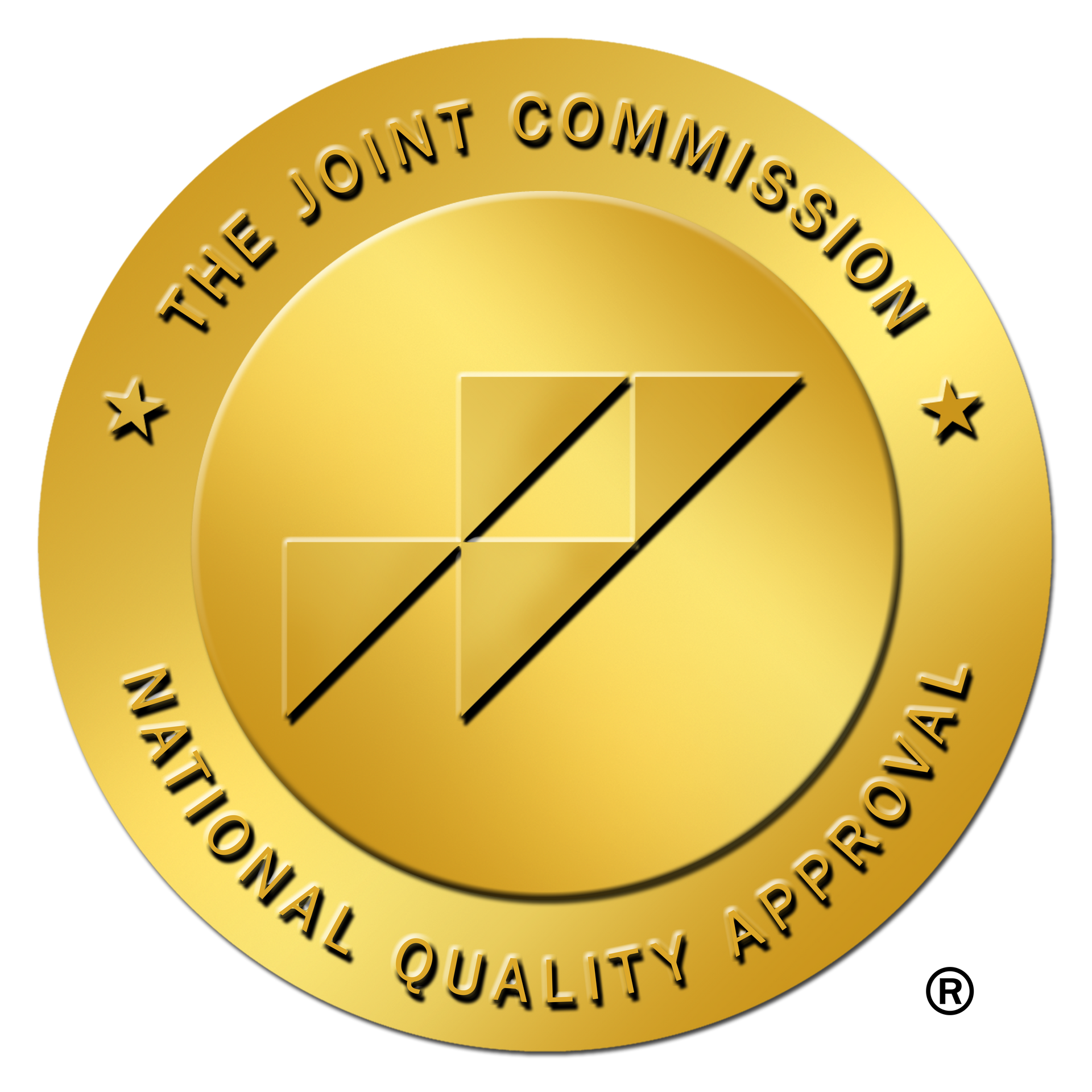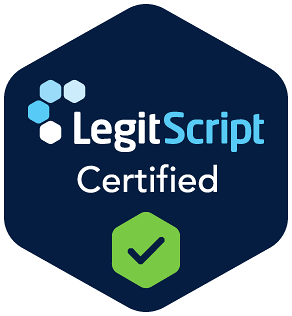Fentanyl Addiction Treatment for Teens in New Jersey
Fentanyl has become one of the most dangerous substances threatening today’s youth. For teenagers, even one encounter with this powerful synthetic opioid can be fatal. And for families, the discovery of addiction in their teen can feel overwhelming and devastating.
You may notice signs like extreme fatigue, erratic behavior, or a sudden disconnection from school, friends, and family. Because it is often mixed into other substances without a teen’s knowledge, the risk of accidental overdose is tragically high.
At New Chapter Youth Recovery in New Jersey, we meet teens with compassion, not judgment. Our adolescent-specific rehab programs are built on understanding, trust, and clinical expertise. We help teens move beyond survival and into a space of growth, healing, and renewed hope, so they can write a powerful new chapter in their lives.
Don’t Let Club Drugs Addiction Take Any More Of Your Child’s Life From You

Our Fentanyl Addiction Center NJ
Breaking free from addiction is a deeply personal journey, especially for adolescents still navigating identity, emotions, and relationships. That’s why we offer more than just treatment. We offer transformation.
Our teen-focused fentanyl treatment center provides a structured, nurturing space where teens can regain control, rebuild confidence, and develop critical coping skills for long-term sobriety. We meet where they are and guide them forward with care, clarity, and clinical expertise.
Teens in our Partial Hospitalization Program (PHP) engage in full-day therapeutic services while returning home each evening to stay grounded in their family environment.
Our Intensive Outpatient Program (IOP) helps teens stay committed to their recovery while still participating in school and social activities.
For those transitioning back into daily routines, our Outpatient Program (OP) offers consistent support to reinforce healthy habits and emotional stability.
All fentanyl abuse treatment levels include age-appropriate, engaging support services like:
- Fitness and Movement Activities
- Daily Meals And Snacks
- Individual Therapy
- Family Therapy
- Group Therapy
- Art Therapy
The Role of Family in Teen Fentanyl Recovery
When a teenager is struggling with fentanyl addiction, the entire family is affected. Healing doesn’t happen in isolation – it requires a united effort. At New Chapter Youth Recovery, we believe that this involvement is not just helpful, but essential to adolescent recovery.
Our approach places parents and caregivers at the heart of the healing process. Through structured family therapy sessions, we help rebuild communication, restore trust, and create healthy boundaries that support sobriety. These sessions are designed not only to guide the teen’s progress, but also to strengthen the family unit as a whole.
Together, we work to ensure that every teen has a strong, informed support system to lean on – because family is one of the most powerful tools in the fight against addiction.


Ongoing Recovery Support for Teens After Fentanyl Treatment
Recovery from fentanyl abuse is not a one-time event – it’s a lifelong commitment. For teens, the transition back into everyday life can be overwhelming without the right support. That’s why New Chapter Youth Recovery offers robust aftercare services that continue long after formal treatment ends.
Our long-term support programs are tailored to help adolescents navigate school, friendships, and home life without falling back into harmful patterns.
Our approach to relapse prevention includes:
- Managing fentanyl-related triggers in teen social circles
- Practicing effective coping mechanisms for stress and anxiety
- Encouraging relationships that support recovery goals
- Learning about opioid risks and teen vulnerability
- Growing through creative, purpose-driven activities
We stay connected with schools, local therapists, and youth services to build a comprehensive support network. With this foundation, teens are better prepared to maintain sobriety and thrive today, tomorrow, and beyond.
Call Now To Reach Our Adolescent Summer Day Program In New Jersey
New Chapter Youth Recovery Will Take You and Your Child From Hurting To Healing In Four Simple Steps
Phone Consultation
When you call our confidential helpline for teen and adolescent, you will speak with a member of our caring and compassionate staff about your child's individual needs and discuss treatment options that would work for you.
Insurance Verification
We will verify if your insurance plan covers outpatient services for teen substance abuse and addiction treatment at our facility or we will help refer you to one of our close partner outpatient treatment facilities in New Jersey.
Program Intake
You and your child meet with one of our licensed professionals to create a tailored treatment plan specifically for your needs that will help them heal and get back to life while beginning to build relationships with our caring and compassionate staff.
Relapse Management
We work together on your child's successful outpatient program, helping them heal before receiving their outpatient recovery program certificate. With continued alumni programs and support groups you are always part of our family!
Why Choose
New Chapter Youth Recovery?
If your child needs treatment in NJ for mental health and substance abuse, we will help them make the next chapter of their life the best chapter of their life… So far!
Professional Medical Staff
Our staff are fully and dually licensed for teen substance use in our adolescent rehab programs and more.
Recovery Community
At New Chapter Recovery we are dedicated to treating everyone who walks in our doors like family.
Addiction Treatment While Living At Home
Intensive treatment at our treatment center helps our clients in their continuum of care when leaving residential treatment, or if they are not at the level of substance use needing inpatient services at a residential treatment center.


